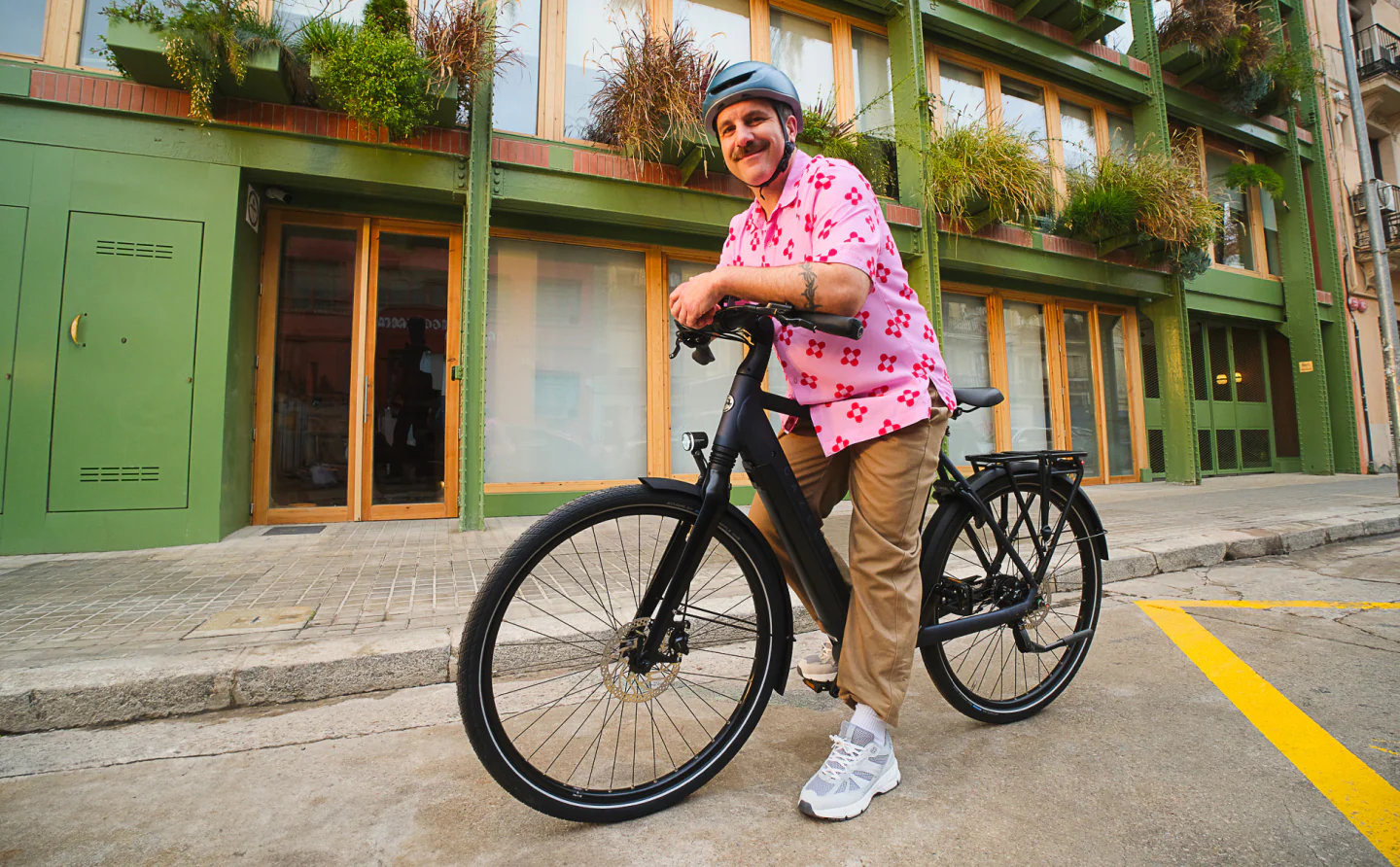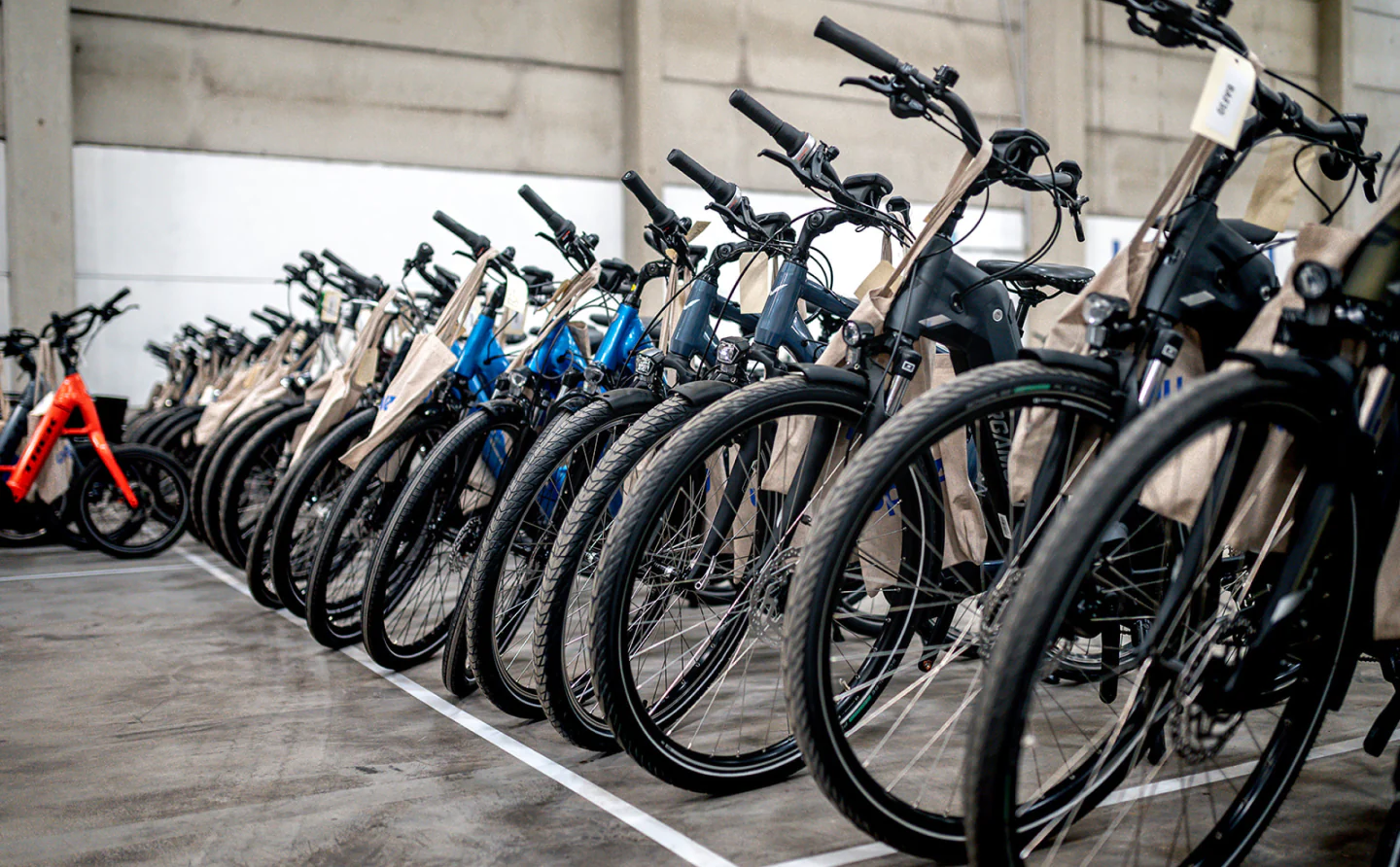A new study published in MDPI mapped out oil and gas operations in Alberta, Canada, uncovering some concerning statistics about community health, especially among two vulnerable demographics.
What's happening?
The researchers estimated that around 3% to 13% of people in the province live within 1.5 kilometers (a little under a mile) of an active oil well and an active flare, where excess gas is burned off.
On average, the study identified a 9% to 21% increase in the odds of cardiovascular and respiratory issues among residents with various levels of exposure to wells.
People of Aboriginal identity and those with less education were found to have more exposure to active wells compared to the general population. However, people within what the researchers described as "more visible" minority groups were less exposed, and they pinned this to the fact that many of these groups tend to be concentrated in larger cities that often have less production infrastructure.
Why is this study important?
This study adds to a growing body of evidence that highlights the potential harm the oil and gas industry can have on communities and ecosystems.
For instance, Shell is facing backlash after reporting at least 125 oil spills in Nigeria in 2024, many of them affecting the Niger River Delta region. Plus, a Shell refinery in Singapore suffered a string of offshore oil leaks in late 2024.
Watch now: How bad is a gas stove for your home's indoor air quality?
Oil, gas, and coal together also account for more than three-quarters of all planet-heating pollution, reports the U.N. All that pollution worsens weather that can threaten lives and property, droughts that can impact drinking water supplies, and suffocating temperatures that can be deadly.
The researchers also noted that most similar studies have focused on the United States, so this new study gives a picture of the impacts of the oil and gas industry outside of that scope.
"Close to 100 countries produce oil and gas, making this a global issue," the paper states. "There is an important need for additional studies from other producing jurisdictions outside the United States."
|
Do you worry about air pollution in and around your home? Click your choice to see results and speak your mind. |
What's being done to minimize the harms of the oil and gas industry?
Across the globe, many cities and countries are reducing their reliance on dirty energy sources like oil and gas by enacting policies geared toward clean, renewable energy instead. For instance, a New York law will require all Lyfts and Ubers to be EVs by 2030, and Tokyo is requiring most new buildings to have solar panels.
TCD Picks » Upway Spotlight

You can push for more legislation like this by voting for pro-climate candidates.
Join our free newsletter for good news and useful tips, and don't miss this cool list of easy ways to help yourself while helping the planet.


















